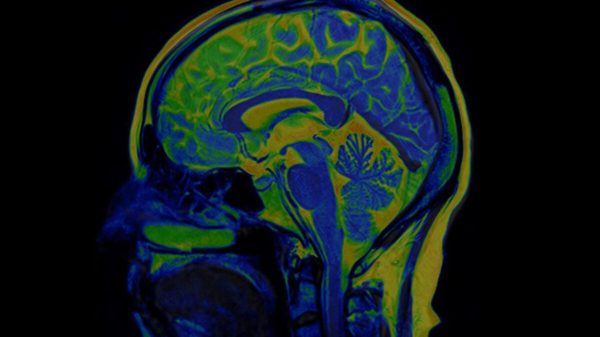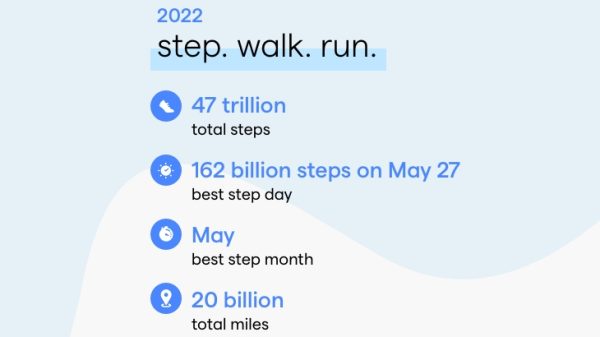When you think about progressive brain disorders that cause dementia, you usually think of memory problems. But sometimes language problems — also known as aphasia — are the first symptom.
What’s aphasia?
Aphasia is a disorder of language because of injury to the brain. Strokes (when a blood clot blocks off an artery and a part of the brain dies) are the most common cause, although aphasia may also be caused by traumatic brain injuries, brain tumors, encephalitis, and almost anything else that damages the brain, including neurodegenerative diseases.
How neurodegenerative diseases cause aphasia
Neurodegenerative diseases are disorders that slowly and relentlessly damage the brain. After ruling out a brain tumor with an MRI scan, you can usually tell when aphasia is from a neurodegenerative disease, rather than a stroke or other cause, by its time course: Strokes happen within seconds to minutes. Encephalitis presents over hours to days. Neurodegenerative diseases cause symptoms over months to years.
Alzheimer’s disease is the most common neurodegenerative disease, but there are other types as well, such as frontotemporal lobar degeneration. Different neurodegenerative diseases damage different parts of the brain and cause different symptoms. When a neurodegenerative disease causes problems with language first and foremost, it is called primary progressive aphasia.
How is primary progressive aphasia diagnosed?
Primary progressive aphasia is generally diagnosed by a cognitive behavioral neurologist and/or a neuropsychologist who specializes in late-life disorders. The evaluation should include a careful history of any language and other problems that are present; a neurological examination; pencil-and-paper testing of thinking, memory, and language; blood tests to rule out vitamin deficiencies, thyroid disorders, infections, and other medical problems; and an MRI scan to look for strokes, tumors, and other abnormalities that can affect the brain’s structure.
The general criteria for primary progressive aphasia include:
difficulty with language is the most prominent clinical feature at the onset and initial phases of the neurodegenerative disease
these language problems are severe enough to cause impaired day-to-day functioning
other disorders that could cause the language problems have been looked for and are not present.
There are three major variants of primary progressive aphasia
Primary progressive aphasia is divided into different variants based on which aspect of language is disrupted.
Logopenic variant primary progressive aphasia causes word-finding difficulties. Individuals with this variant have trouble finding common, everyday words such as table, chair, blue, knee, celery, and honesty. They know what these words mean, however.
Semantic variant primary progressive aphasia causes difficulty in understanding what words mean. When given the word, individuals with this variant may not understand what a table or chair is, which color is blue, where to find their knee, what celery is good for, and what honesty means.
Nonfluent/agrammatic variant primary progressive aphasia causes effortful, halting speech in which individuals know what they want to say but cannot get the words out. When they can get words out, their sentences often have incorrect grammar. Although they know what the individual words mean, they may have trouble understanding a sentence with complex grammar, such as, “The lion was eaten by the tiger.”
This is an excerpt from an article that appears on the Harvard Health Publishing website.
To read the full story
Andrew E. Budson is chief of cognitive and behavioral neurology at the Veterans Affairs Boston Healthcare System, lecturer in neurology at Harvard Medical School, and chair of the Science of Learning Innovation Group at the Harvard Medical School Academy.


























